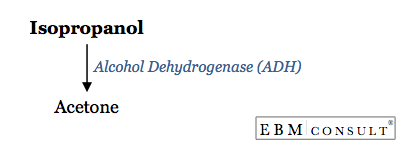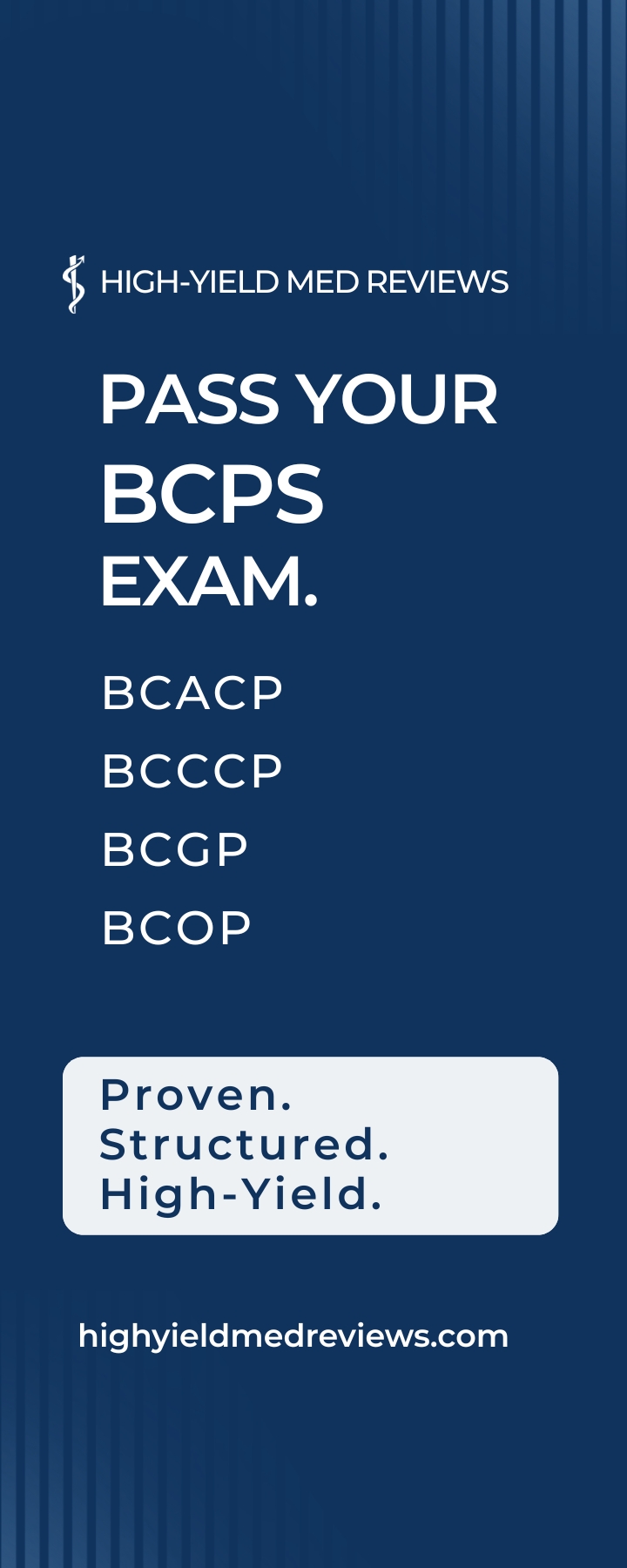Isopropanol Toxicology - An Overview
Summary:
- Isopropanol toxicity is important to recognize because it can cause inebriation as well as a potential risk for hemorrhagic gastritis.
- Treatment is usually supportive, but may consider proton pump inhibitor use if GI bleed is a concern.
Editor: Anthony J. Busti, MD, PharmD, FNLA, FAHA
Last Reviewed: August 2015
Isopropanol Toxicology
|
|---|
- None
- Isopropanol does not get metabolized to a toxic acid metabolite like ethylene glycol and methanol.
- Normal anion gap
- Elevated osmol gap
- Normal arterial pH
- False elevations in serum creatinine
- Isopropanol gets metabolized to acetone, which can interfere with colorimetric creatinine assay, especially those using the Jaffe alkaline picrate reaction.
- BUN & GFR remains normal
- Conversion Factor = 6.0
- How to estimate isopropanol concentration (while waiting for actual level):
- Calculate Osm = (2 x Na) + (BUN/2.8) + (Glucose/18) + (Ethanol level/4.6)
- Determine Osm Gap = (Measured Osm) - (Calculated Osm)
- If Gap > 15 = abnormal
- If Gap > 25 = very high à give empiric fomepizole (Antizol) if unsure of ingestion
- Estimate Isopropanol Concentration (mg/dL) = 6.0 x Osm gap
- General Notes:
- Call or consult with Poison Center 1-800-222-1222
- The half-life of the parent compound (isopropanol)
- No Treatment = 3 hrs
- GI Decontamination:
- Generally avoided
- Rarely helpful unless very early on (within 15-30 min) since alcohols are rapidly absorbed or co-ingestions and airway is protected
- Proton Pump
Inhibitor Therapy:
- May theoretically help reduce the risk of hemorrhagic gastritis
- There is no antidote as isopropanol does not get metabolized to a toxic acid.
- Since isopropanol gets metabolized to acetone you might notice a fruity odor due to ketosis
- Toxicology: Ethylene Glycol - Overview
- Toxicology: Methanol - Overview
- Pharmacology: Propylene Glycol Containing IV Medications
- Differential Diagnosis: Anion Gap (Elevated)
- Differential Diagnosis: Osmolar Gap (Elevated)
- Calculator: Anion Gap
Toxic Acid
Lab Findings
Conversion Factor
Treatments
Clinical Considerations
Related Content






